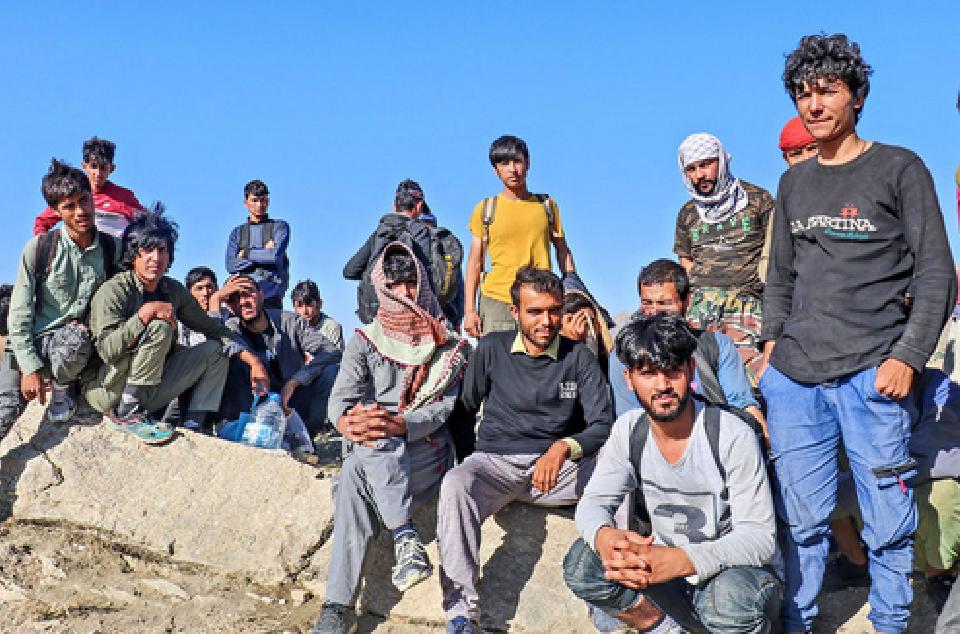There is another wave of migrants heading to Turkey through Iran, thanks to the withdrawal of troops from Afghanistan, Die Welt wrote in its compilation the other day. The German newspaper pointed out that the Taliban started a new offensive in May, Afghanistan is threatened with civil war, and Europe will have to face a new migration crisis, as since 2015 it has not been possible to find a common solution to the EU refugee issue.
According to Die Welt, even if the member states manage to quickly agree, the measures would probably not be put into practice for years. This raises the question of whether Europe is prepared for the next big refugee crisis, or whether what we experienced in 2015 will be repeated. Speaking to the Bild newspaper over the weekend, Austrian Chancellor Sebastian Kurz warned of the dangers of new waves of migration, and at the same time welcomed the fact that the EU's asylum policy has changed in recent years .
As you know, German Chancellor Angela Merkel opened her country's borders to migrants in 2015, resulting in more than a million immigrants arriving in Europe. A lot has really changed since then, while in 2015 and 2016 the Union advocated the distribution of migrants, today the focus has shifted to protecting the external borders.
According to Die Welt, the creation of an EU border guard is hardly possible for legal and political reasons, so it is necessary to rely on migration agreements with Morocco, Turkey and Libya, which aim to stop migrants before they reach EU territory. However, the number of asylum seekers is high despite the agreements, around 60,000 migrants have arrived in the EU so far this year.
Kurz also told Bild that his country will continue deporting rejected asylum seekers to Afghanistan. The German federal government, on the other hand, is avoiding answering the question for the time being. Since 2016, the authorities have deported about a thousand Afghan migrants home, but more than thirty thousand expelled Afghans are still in Germany.
Soldiers, human rights activists, journalists and women are more at risk than ever with the Taliban's rise, according to a report released by the federal Foreign Office last week.
At the same time, the document does not consider the return of Afghan asylum seekers rejected in Europe to be particularly dangerous, although the report still reflects the situation in May.
Source and image: Magyar Hírlap












